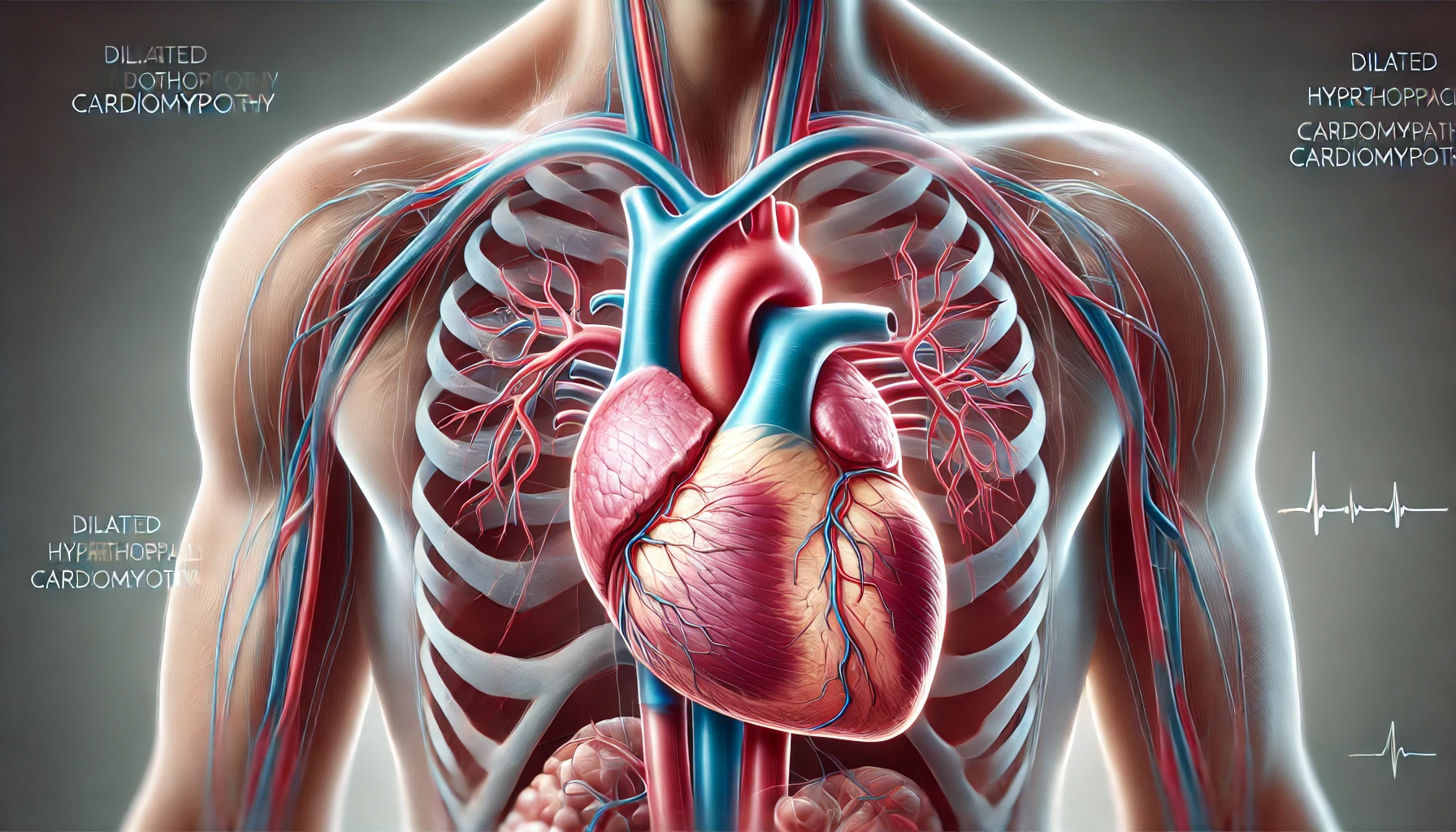Understanding Cardiomyopathy
Cardiomyopathy is a disease of the heart muscle that makes it harder for the heart to pump blood to the rest of the body. It can develop due to genetic factors, medical conditions, or unknown causes.
Early detection and treatment are essential in managing symptoms and preventing complications like heart failure or arrhythmias. Diagnosis involves advanced imaging and blood tests to determine the type and severity of the condition.
While some cases require medications and lifestyle changes, severe forms may need advanced treatments such as pacemakers, implantable defibrillators, or heart transplants. With proper medical care, individuals with cardiomyopathy can lead healthy lives.

